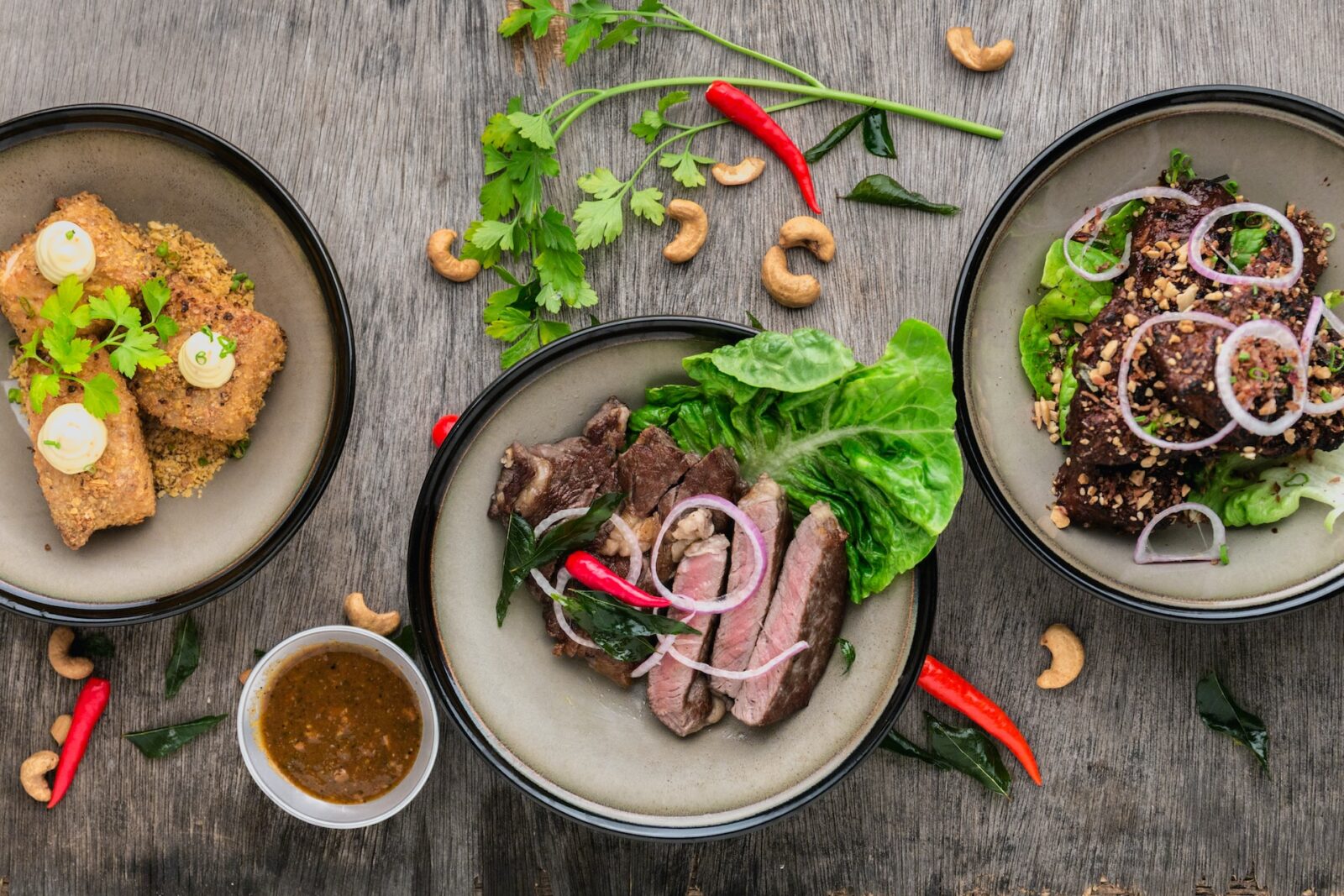Are you tired of turning to food as a source of comfort during emotional times? Let me show you all the details of eating Emotions, how they affect your well-being, and practical advice on developing a healthier relationship with food.
Introduction
Hey there! Do you ever find yourself running for an ice cream tub after a tough day? Or mindlessly devouring a bag of chips when you’re feeling sad? We’ve all been there. Emotional eating is a common phenomenon that many of us struggle with. But worry not because I’m going to explore the depths of emotional eating in this blog post, identify how it impacts our well-being, and provide some insightful tips on how to establish a healthier connection with food. So, let’s dive in!
Understanding Emotional Eating
As the name implies, emotional eating is a tendency to use food as a coping mechanism when confronted with emotions of pain instead of fulfilling physical hunger. It’s like the comforting embrace of your favorite meals makes you feel comforted, hoping that it will give you a momentary pause from life’s challenges.
The reason is that when we feel emotions like tension, sadness, or anxiety, our brains create hormones that increase our desire for enjoyable experiences. What’s better than enjoying a delicious meal, is that right? It’s a quick fix that seems to temporarily alleviate our emotional discomfort.
The Impact on Well-being
While emotional eating might provide momentary relief, it often comes with a myriad of negative consequences for our overall well-being. Firstly, it can lead to weight gain and subsequent health issues, as emotional eating typically involves consuming high-calorie, unhealthy foods.
Moreover, emotional eating doesn’t address the root cause of our emotions. Instead, it masks them temporarily, allowing them to resurface later with even greater intensity. This vicious cycle can perpetuate emotional distress and further reinforce the unhealthy relationship we have with food.
Developing a Healthy Relationship with Food
There are several strategies for developing a healthier relationship with food that needs to be explored now that we have learned about the negative consequences of emotional eating. Let us remember, patience, kindness, and the willingness to make changes will be needed for this journey.
- Mindful Eating: Start by practicing mindfulness during meals. Pay attention to the colors, smells, and textures of your food. Slow down, savor each bite, and listen to your body’s hunger and fullness cues. By being present at the moment, you’ll be less likely to turn to food solely as a source of emotional comfort.
- Identify Triggers: Take a moment to reflect on the emotions and situations that trigger your emotional eating episodes. Is it stress from work, relationship issues, or a particular environment? If you’re not sure what triggers, then there are alternative ways of dealing with these emotions, like participating in hobbies or speaking to friends and practicing relaxation techniques.
- Seek Emotional Support: The strength of emotional support must not be underestimated. Get in touch with your loved ones or consider seeking professional help, such as counseling. Talking about your feelings and concerns can provide you with healthier outlets for emotional release, reducing the need for emotional eating.
- Diversify Your Coping Mechanisms: Find alternative activities that bring you joy and comfort. Engage in physical exercise, take up a new hobby, or practice relaxation techniques like deep breathing or meditation. By expanding your coping mechanisms, you’ll have a diverse range of options to choose from when emotions run high.
- Modify Your Food Environment: Create an environment that supports your goals of developing a healthy relationship with food. Stock your pantry and fridge with nutritious, whole foods that nourish your body. Limit the presence of highly processed, unhealthy snacks that may tempt you during emotional moments.
- Practice Self-Compassion: Remember, we’re all human, and slip-ups happen. If you find yourself succumbing to emotional eating, don’t beat yourself up over it. Instead, practice self-compassion and acknowledge that it’s part of the journey. Learn from the experience and recommit to your goals of building a healthier relationship with food.
- Seek Professional Guidance: If emotional eating has become a significant challenge in your life, don’t hesitate to reach out to a qualified healthcare professional. Registered dietitians, therapists, or psychologists can provide personalized guidance and support to help you address the underlying issues that contribute to emotional eating.
- Build a Supportive Network: Surround yourself with people who support your journey towards a healthier relationship with food. Join support groups, online communities, or find a buddy who shares similar goals. Having a support network can provide encouragement, accountability, and valuable insights as you navigate the challenges of emotional eating.
Conclusion
Emotional eating can be a challenging habit to break, but with awareness, understanding, and the right strategies, you can develop a healthier relationship with food. Remember, it’s not about restriction or depriving yourself of pleasure. It’s about nurturing your body and addressing emotional needs in more constructive ways.
So, the next time you feel the urge to reach for that pint of ice cream, take a moment to pause, reflect, and choose a path that leads to long-term well-being. You’ve got this!






Leave a Reply